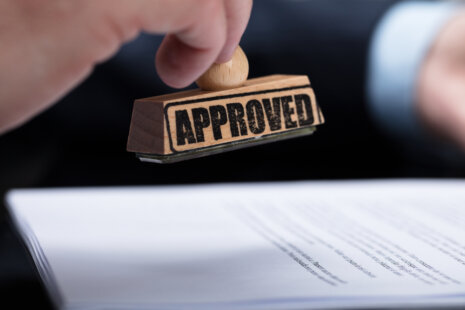Paying yourself as a business owner does not typically count as a business expense in the same way that other operational costs, such as rent, utilities, and employee wages, are considered business expenses. Instead, your compensation as a business owner is accounted for differently, depending on your business structure and tax treatment.
Here’s a breakdown of how it works for different types of businesses:
- Sole Proprietorship and Single-Member LLC:
- In a sole proprietorship or a single-member LLC (considered a disregarded entity for tax purposes), the owner’s income and expenses are typically reported on their individual tax return (Form 1040 in the United States).
- The owner’s compensation is not considered a business expense but is part of the net income or loss reported on Schedule C (or Schedule C-EZ) for tax purposes.
- Partnership and Multi-Member LLC:
- In a partnership or multi-member LLC, the allocation of profits and losses to partners or members is determined by the partnership or LLC agreement.
- The owners’ compensation, if any, is based on the terms of the agreement and is not treated as a business expense. Instead, it affects the distribution of profits and losses among the partners or members.
- Corporation (Including S Corporation):
- In a corporation, including an S Corporation, owners who work for the business are typically considered employees.
- The corporation can pay salaries or wages to its employees, including owner-employees, which are treated as a business expense. These salary or wage payments are deductible by the corporation for tax purposes.
- It’s important that owner-employees receive reasonable compensation that is commensurate with the services they provide to the business. The IRS closely scrutinizes “unreasonable” compensation arrangements.
- LLC with Corporate Tax Election (C Corporation Taxation):
- If an LLC elects to be taxed as a C Corporation, the principles mentioned for corporations apply. The LLC can pay salaries or wages to owner-employees, which are deductible as business expenses.
While paying yourself as a business owner is not considered a business expense in the traditional sense, it does affect the income and tax reporting of your business, depending on your business structure. The specific tax treatment and reporting requirements can vary by jurisdiction and may be subject to compliance with tax regulations and labor laws. It’s essential to consult with a qualified accountant or tax professional to ensure that you are compensating yourself appropriately and meeting all tax and legal obligations.




